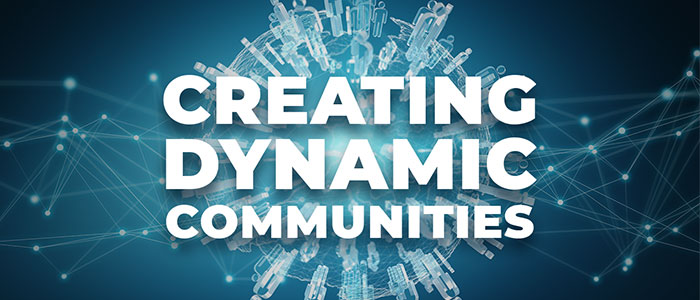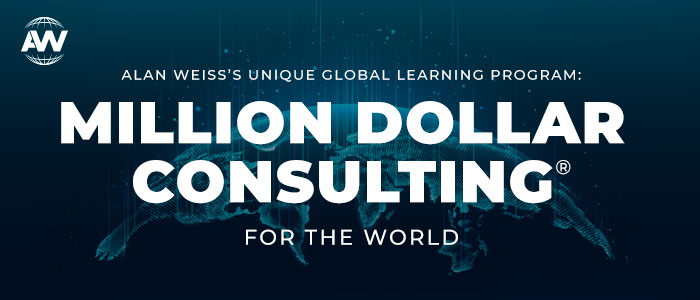|
I’ve thought for quite a while that moving the US (and perhaps any country) exclusively to the manufacture and eventual use of electric cars is folly. Last month we saw Tesla sales and profits plummet, Ford changed direction (after losing billions) and moving toward hybrids, sales growth in internal combustion engine cars, and before that, Hertz retreating from its intent to purchase 100,000 electric cars, funding withdrawn from battery plants, and Toyota—the world’s largest auto manufacturer—continuing on its path of hybrids.
There is no way that the US is capable of building a national grid system to support charging stations across its breadth and width (and maybe not even within its large cities). We have brownouts and rolling blackouts now in high-use, hot summer weather in parts of the country.
Even if the cars’ range is improved by 50%, say to 300+ miles, that’s going to require recharging every four hours, which exceeds a trip from New England to the Jersey Shore, from San Francisco to Los Angeles, and may just be enough to get you from Dallas to Austin. All this assumes you never go over 70 MPH, don’t get into traffic jams, and don’t divert to appreciate back roads and scenery.
Meanwhile, most electricity is generated with steam turbines using fossil fuels, which belch pollutants into the atmosphere. (Nuclear generation and renewable sources are small contributors.) When I say “most” I mean about 80% of the world’s supply at the moment.
If you remove the approximately 300 million gasoline-powered cars in the US and replace them with electric cars (and even hybrids) you still have 300 million vehicles clogging all the large cities and not alleviating congestion at all.
I think the passion of this very arbitrary solution is ebbing, and if we’re not careful we’ll see a national, rotting, antiquated grid system that wasn’t only inefficient but also wasted billions of dollars. (If you don’t think that’s likely, California just wasted $300 billion—that is not a typo—in abandoning a decade-old attempt to build a high speed train from San Francisco to Los Angeles.)
I don’t know the answer, it’s probably hydrogen if we can control it. And it’s mass transit between and within cities, if we can commit to doing it. (Amtrak’s Acela high speed train carries over two thirds of northeast corridor traffic—Washington to Boston—more than all the airlines on those routes combined.)
But I’m pretty sure the future shouldn’t be throwing millions of people out of work in the fossil fuel industries because we have some wonderful, esoteric ideas about electric cars that are going to prove to be illusory.
“Evil is never done so thoroughly or so well as when it is done with a good conscience.” —Blaise Pascal
|




















